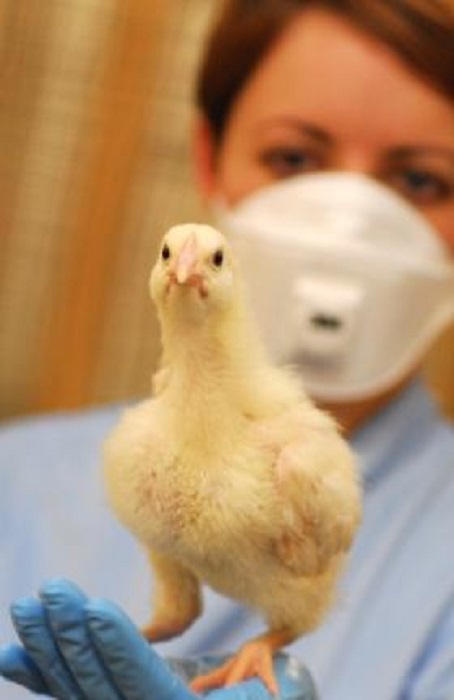The Russian Authorities are reporting multiple outbreaks of highly pathogenic avian influenza virus (HPAIV) H5 with high mortality rates in poultry and also in wild waterbird carcases in southern central Russia close to the border with Kazakhstan at the end of August following initial reports of HPAIV H5N8 at the end of July.
On 28 July, Russia detected two outbreaks of HPAI H5N8 in backyard birds on premises in villages in the Uvel’sky region, Chelyabinskaya Oblast, in the south near the border with Kazakhstan. Both premises reported having a mix of chickens, ducks and geese. The first, in Peschanoe, reported 99 cases out of 156 birds. The second, in Maloe Shumakovo, reported mortality of all 30 birds on the premises. Restriction zones were established and the birds culled.
On 4 August, neighbouring Kazakhstan also implemented temporary restrictions on the import and transit of poultry and food products from Russia. A wild duck carcase was also found during avian influenza passive surveillance on the lake near one of the villages just before the outbreak started. HPAIV H5N8 was detected in a sample of the wild duck carcass.
The detection of H5N8 in wild birds and poultry in this region is significant, particularly at this time of year. Some waterfowl species which winter in western Europe, including the UK, also breed in this region of Russia and will migrate west in the coming weeks.
The outbreaks in poultry in Russia confirm the virus retains HPAI properties with typical high mortality in chickens, ducks and geese. According to APHA, if this H5N8 strain were to spread to Europe later this year, outbreaks in poultry should be detected relatively quickly, giving some warning of a potential increase in risk.
The risk for poultry in the UK remains low for introduction of infection onto individual premises, but will depend on levels of biosecurity. APHA recommends that all poultry keepers stay vigilant and make themselves aware of the latest information on www.gov.uk, particularly about recommendations for biosecurity and how to register their flocks.


